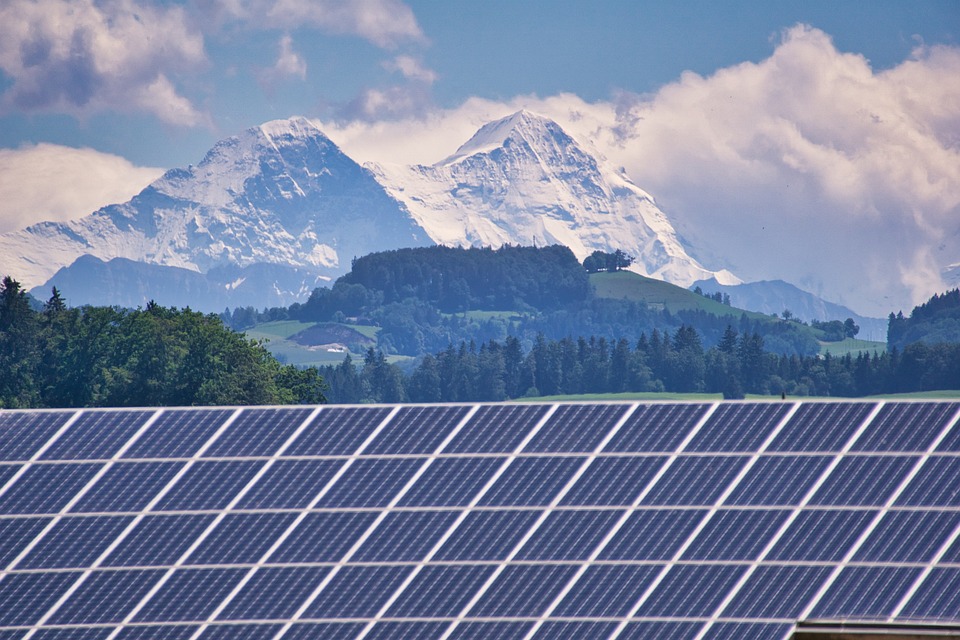How Does Climate Relate to the Carpet Industry in Georgia?
Georgia, particularly Dalton, is renowned as the “Carpet Capital of the World,” a title earned through its extensive carpet manufacturing industry. This region is home to numerous carpet companies, including major players like Shaw Industries and Mohawk Industries. The climate in Georgia plays a significant role in shaping the operations, sustainability practices, and future challenges of the carpet industry.
1. Georgia’s Climate and Its Suitability for Carpet Manufacturing
A. Mild Climate and Year-Round Production
Georgia’s temperate climate is characterized by mild winters and warm summers, which facilitates continuous carpet manufacturing throughout the year. Unlike colder regions, where extreme weather can halt production, Georgia’s climate allows factories to maintain consistent operational schedules. This stability reduces downtime and enhances productivity.
B. Humidity Levels and Material Stability
Humidity is a critical factor in carpet manufacturing, especially for natural fibers and backing materials. Georgia’s moderate humidity levels help prevent issues such as drying out or warping of materials, which can compromise product quality. This stability is essential for maintaining high standards in carpet production.
2. Energy Use and Climate Impacts on Manufacturing
A. Climate and Energy Consumption
The warm climate of Georgia leads to increased energy demands, particularly for cooling during the hot summer months. Carpet factories often require temperature-controlled environments to ensure material integrity, making air conditioning a vital component of their operations.
B. Role of Renewable Energy and Sustainability Initiatives
In response to growing environmental concerns, many carpet manufacturers in Georgia are adopting renewable energy sources to mitigate their energy consumption. For instance, Shaw Industries has invested in solar technology at its facilities, aiming for net-zero operations by 2030. This shift not only addresses energy demands but also aligns with broader sustainability initiatives within the industry[1][2].
3. Sourcing and Availability of Raw Materials
A. Climate-Dependent Raw Materials
The availability of raw materials for carpet production can be influenced by climate conditions in supplier regions. Natural fibers like wool depend on sheep farming, which is susceptible to climate variability. Disruptions in these areas can affect the supply chain and increase costs for manufacturers in Georgia.
B. Synthetic Fibers and Climate Impact
While synthetic fibers dominate the carpet market, their production is energy-intensive and relies heavily on petroleum-based resources. The industry is increasingly focusing on sustainable sourcing practices, including the use of recycled materials to reduce its environmental footprint[4][6].
4. Climate Change and the Future of the Carpet Industry in Georgia
A. Resilience to Extreme Weather Events
Although Georgia typically experiences a mild climate, climate change poses risks such as severe storms and flooding that could disrupt production processes. The carpet industry is investing in infrastructure improvements and disaster preparedness strategies to mitigate these risks.
B. Industry Trends Toward Sustainability
The carpet industry’s response to climate change includes a significant shift towards sustainability practices. Manufacturers are reducing waste, utilizing recycled materials, and pursuing certifications like LEED (Leadership in Energy and Environmental Design) to demonstrate their commitment to environmentally friendly practices[1][2][4].
FAQs
– How does humidity affect carpet production in Georgia?
Humidity levels help maintain material stability during production processes.
– Why is Georgia the center of carpet manufacturing in the U.S.?
Georgia’s favorable climate conditions combined with its historical development as a manufacturing hub have established it as a leader in the industry.
– What role does climate play in the availability of carpet materials?
Climate impacts both natural fiber sourcing and synthetic material production processes.
– Is the carpet industry moving toward sustainable practices?
Yes, there is a strong trend towards sustainability with increased recycling efforts and renewable energy use.
– How might climate change impact carpet production in the future?
Increased extreme weather events may disrupt manufacturing processes; thus, resilience planning is becoming crucial.
Conclusion
Georgia’s favorable climate conditions significantly support its carpet manufacturing industry by enabling year-round production while minimizing disruptions from extreme weather. As climate change continues to influence operational challenges, manufacturers are increasingly prioritizing sustainability initiatives to ensure long-term success and environmental responsibility within this vital sector.

Kyle Whyte is a notable scholar and professor at the University of Michigan, holding positions such as the George Willis Pack Professor in the School for Environment and Sustainability and Professor of Philosophy. Specializing in environmental justice, his work critically examines climate policy and Indigenous peoples’ ethics, emphasizing the nexus between cooperative scientific endeavors and Indigenous justice. As an enrolled Citizen Potawatomi Nation member, he brings a vital perspective to his roles as a U.S. Science Envoy and member of the White House Environmental Justice Advisory Council. His influential research is supported by various prestigious organizations including the National Science Foundation, and disseminated through publications in high-impact journals. Kyle actively contributes to global Indigenous research methodologies and education, with affiliations to numerous institutes and societies dedicated to traditional knowledge and sustainability. Recognized for his academic and community engagement, Kyle has earned multiple awards and served in various visiting professorships. His efforts extend to leadership positions on boards and committees focused on environmental justice nationwide.
